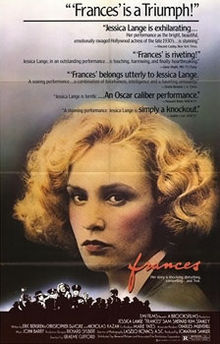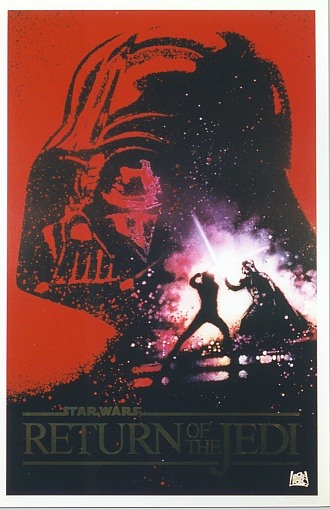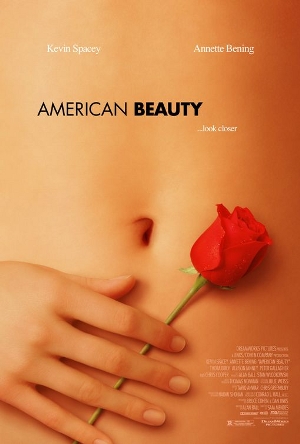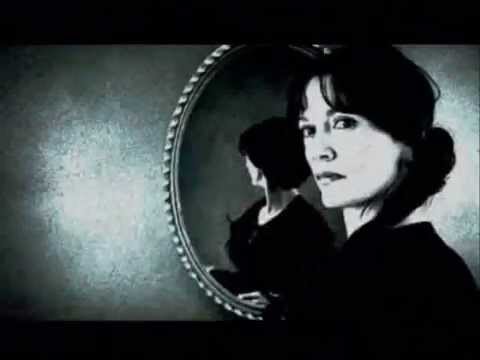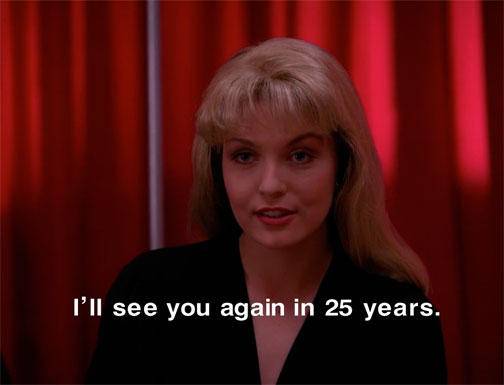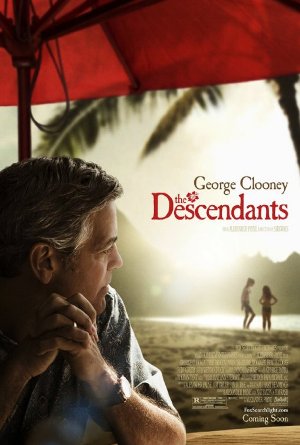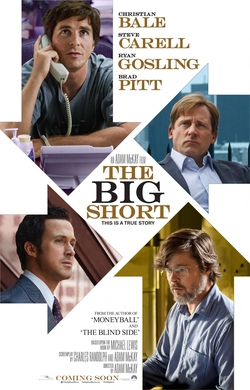Let us take a moment to consider the career of David Lynch.
As we all know, David Lynch is one of America’s most unique and idiosyncratic directors, an unapologetic surrealist whose films always seem to come from a very dark and very personal place. He began his career with Eraserhead and was then brought to Hollywood by Mel Brooks so that he could direct The Elephant Man. Following the huge success of The Elephant Man, Lynch signed a contract with Dino De Laurentiis and directed Dune (a movie that Lynch later said was as close as he ever came to “selling out”) and the far better received Blue Velvet.
After the success of Blue Velvet, Lynch turned to television. Twin Peaks was, in its way, Blue Velvet adapted for network television. While people across the world were debating who killed Laura Palmer, Lynch won the 1990 Palme d’Or with Wild At Heart. Frustrated with ABC’s attempts to interfere with the direction of Twin Peaks, Lynch became less involved with the televisions series and it was canceled after its second season. Lynch’s cinematic prequel, Twin Peaks: Fire Walk With Me, was released an initially tepid response, though — like much of Lynch’s work — it has since been positively reevaluated.
In 1997, Lynch directed his most surreal film yet, Lost Highway. He then shocked critics by directing the G-rated The Straight Story and proving that his surreal vision could be heart-warming as well as frightening. When Lynch couldn’t get a network to commit to his proposed second televisions series, Lynch filmed some more footage and released the pilot as a feature film. Mulholland Drive has gone on to be recognized as one of the greatest films of all time and it also earned Lynch his third Oscar nomination for Best Director.
Despite the success of Mulholland Drive, Lynch still struggled to find the financial backing for the films that he wanted to make. In 2006, he directed Inland Empire, a film that’s as surreal as any that he’s ever directed and also, in its way, one of the most emotionally powerful films ever made. Again, much like Fire Walk With Me and Lost Highway, Inland Empire was initially dismissed by critics but it has since been rediscovered.
Following Inland Empire, Lynch focused on painting, music, and promoting meditation and it was feared that he had retired from filmmaking. In 2017, he brought Twin Peaks: The Return to Showtime and, for a few brief months, we were again enraptured by his genius.
David Lynch has directed ten feature films. (Eleven, if you count Twin Peaks: The Return. I do.) He has one of the greatest filmographies of any living director. But what about the films that David Lynch didn’t make? In his memoir, Room to Dream, Lynch wrote about not only the projects for which he couldn’t find backing but also about several films that he was offered but turned down.
Here are a few of the films David Lynch turned down:
- Frances (1982)
Frances Farmer was a Golden Age actress who was famous for her refusal to conform to the demands of 1940s society. She was outspoken in her political views. She drank heavily. She was open about her drug use. Following the end of her affair with playwright Clifford Odets, Farmer had a nervous breakdown and was sent to a draconian mental hospital where she was horrifically abused, suffered through electroshock treatments, and was eventually lobotomized before being released in 1950.
It’s a pretty disturbing story and one can imagine that Lynch could have made a powerful film out of it, especially as Frances Farmer is the archetype for the troubled women who are often at the center of his films. Mel Brooks, who also produced The Elephant Man, produced Frances and was hopeful that Lynch would direct it. However, Lynch had already signed a contract with Dino De Laurentiis and was not available. Frances was eventually directed by Graeme Clifford, who took a far more straight-forward approach to the material than Lynch would have.
2. Return of the Jedi (1983)
This is probably the most famous of the films that David Lynch turned down. George Lucas was a fan of Eraserhead and, in the early 80s, Lynch was riding high as a result of having received his first Oscar nomination for The Elephant Man. Reportedly, Lucas actually did offer the film to Lynch. Lynch turned him down, saying that he felt that the film would ultimately have been seen as being Lucas’s film and not the film of whoever was hired to direct it. Instead, Lynch directed another sci-fi epic, Dune.
Lucas reportedly then offered the film to another maverick director, David Cronenberg. After Cronenberg turned it down, Lucas settled on Richard Marquand.
3. Tender Mercies (1983)
Robert Duvall won his first Oscar for this film, in which he played an alcoholic country singer who finds redemption with a Texas widow and her son. This rather gentle film may seem like the furthest thing one would associate with Lynch but I personally think that David Lynch could have done a good job with it. Tender Mercies is a film that feels like it might be distantly related to The Straight Story and Lynch’s unapologetic love of Americana would have served the story well.
Lenny Von Dohlen, who played a small role in Tender Mercies, later played the shut-in who had Laura Palmer’s diary in Twin Peaks.
4. Manhunter (1986)
Also known as Red Dragon, this film was the first to feature Dr. Hannibal Lecter. The film was offered to Lynch by Dino De Laurentiis. Lynch turned it down so he could concentrate on Blue Velvet. Manhunter was instead directed by Michael Mann, who — it must be said — filled the film with surreal imagery that occasionally felt very Lynchian. Considering that Lynch’s films are full of flamboyantly evil men, it’s hard not to be curious what Lynch would have done with characters like Hannibal Lecter and Francis Dollarhyde.
5. American Beauty (1999)
American Beauty was one of the many scripts that was sent to Lynch in the 90s. Lynch turned the film down and it was instead made by Sam Mendes. American Beauty went on to win Best Picture. That said, it’s also one of the most pretentious film ever made and the fact that some people love it will never cease to amaze me. Interestingly, one of the main problems with the film is that, as a director, Mendes often tries too hard to capture the mood and feeling that Lynch was later able to so effortlessly create in Twin Peaks: The Return. Lynch probably could have made a decent film out of American Beauty but, fortunately for us, he devoted his attention to Mulholland Drive instead.
6. The Ring (2002)
This film was offered to Lynch but he turned it down. (Interestingly enough, when the film was made, it starred Naomi Watts, who had just appeared in Mulholland Drive and who went on to appear in both Inland Empire and Twin Peaks: The Return.) I would have been curious to see what Lynch would have done with the killer video.
7. Motherless Brooklyn (2019)
In 1999, Lynch was among the directors who Edward Norton approached about directing a film version of the just-published detective novel, Motherless Brooklyn. Lynch, who was working on Mulholland Drive, turned Norton down. 20 years later, Motherless Brooklyn was finally made into a film, with Norton starring and directing.
It’s hard to guess what the future holds for David Lynch. There have been reports that Lynch will no longer make films though Lynch himself says that his disillusionment with cinema has been overstated. There are also rumors that Lynch might give us another season of Twin Peaks. Who knows? Even if David Lynch spends the rest of his days promoting transcendental meditation and never again steps behind a camera, no one can deny that he’s given us some of the most amazing and important films of all time. Happy birthday, Mr. Lynch!



